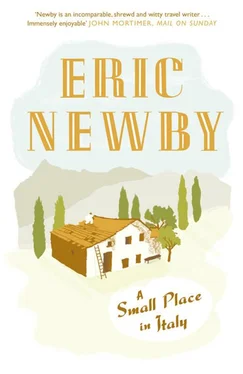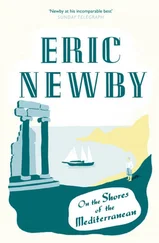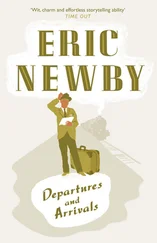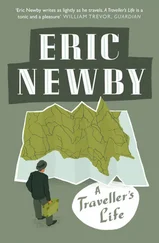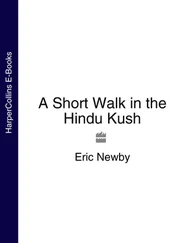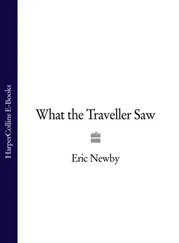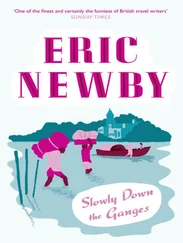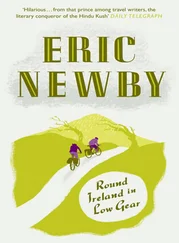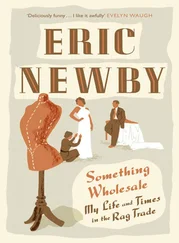It took ages to locate most of them. Sometimes we felt like travellers in a desert in which the mirage was operating. What looked like a desirable place at a distance ended up by being perfectly awful when we actually got to it, or else, as with a genuine mirage, unfindable, a figment of the imagination. Some were nice but too near the road, some had no outlook, some had outlooks, but very gruesome ones, some were too ruined, too lonely, too frequented, too noisy or too expensive.
We soon decided to abandon completely the search for anything near the sea. Neither of us had wanted to be near it, anyway. The only reason for being near it was that it would have been nice to have found a place near Tellaro, where Valeria and her husband lived.
We got an introduction to a surveyor, a Signor Anselmo. He was tall and slim and nice to talk to and he lived in an apartment block in Lerici. Surveyors seemed to us to have enviable lives. All they did was to tell their customers that the places of their dreams were riddled with dry rot, or were built on the lines of geological faults and were likely to disappear into the bowels of the earth without warning. ‘You may think you need a surveyor,’ an American resident in Lerici told us, ‘but you need one like you need an attack of the hives.’
No, Signor Anselmo didn’t know of any property that would suit us down here on the coast. He advised us to go inland, even a few kilometres inland. Inland it was different, he said, but it was outside the area in which he operated. He did, however, know someone who might be able to help us, a Signor Vescovo who owned a bar/ristorante. Signor Anselmo kindly offered to telephone him.
Later that morning we presented ourselves at Signor Vescovo’s bar/ristorante . Signor Vescovo was smallish, slightly rotund, aged between forty and fifty and wore thick, tortoiseshell glasses. Was it his name, Vescovo, which means bishop, that invested him with a faintly priestly air?
He, himself, as he told us, was in the process of selling his business and was at present engaged in negotiating the purchase of a large farmhouse somewhere near a place called Fosdinovo, across the river Magra in the foothills of the Apuan Alps, which he was proposing to convert into a ristorante specializing in wedding receptions and anniversaries, in which the food on offer would be what is known in Italy as produzione propria (home produced). According to Signor Anselmo, Signor Vescovo knew more about the buying and selling of properties in this particular area than anyone else.
‘There is one house that I think you would like very much,’ he said as we drank a coffee with him. ‘It is on the side of the hill just above the place where I am trying to buy the farm. It is rather ruined and it only has about two thousand square metres of land but it is a pretty place and very quiet. It belongs to a Signor Botti, a contadino who lives at a place called Caniparola, a small village at the foot of the hill. I think he might be persuaded to sell it as it doesn’t render anything except a bit of wine and a small amount of olive oil; but like all contadini he needs time to make up his mind.
‘If you would like to see it,’ he went on, ‘I can arrange it for this afternoon. I will send a message to the Signora who has the key to it by the local bus, telling her that you will come at whatever time you say. I will also write down the instructions about how to get to the house which is called I Castagni [the ‘I’ pronounced as in ‘E’] – The Chestnuts.
‘And if you are wondering why I am not going to charge you anything, even if you buy the place, it is because I owe a favour to Signor Anselmo.’
Конец ознакомительного фрагмента.
Текст предоставлен ООО «ЛитРес».
Прочитайте эту книгу целиком, купив полную легальную версию на ЛитРес.
Безопасно оплатить книгу можно банковской картой Visa, MasterCard, Maestro, со счета мобильного телефона, с платежного терминала, в салоне МТС или Связной, через PayPal, WebMoney, Яндекс.Деньги, QIWI Кошелек, бонусными картами или другим удобным Вам способом.
